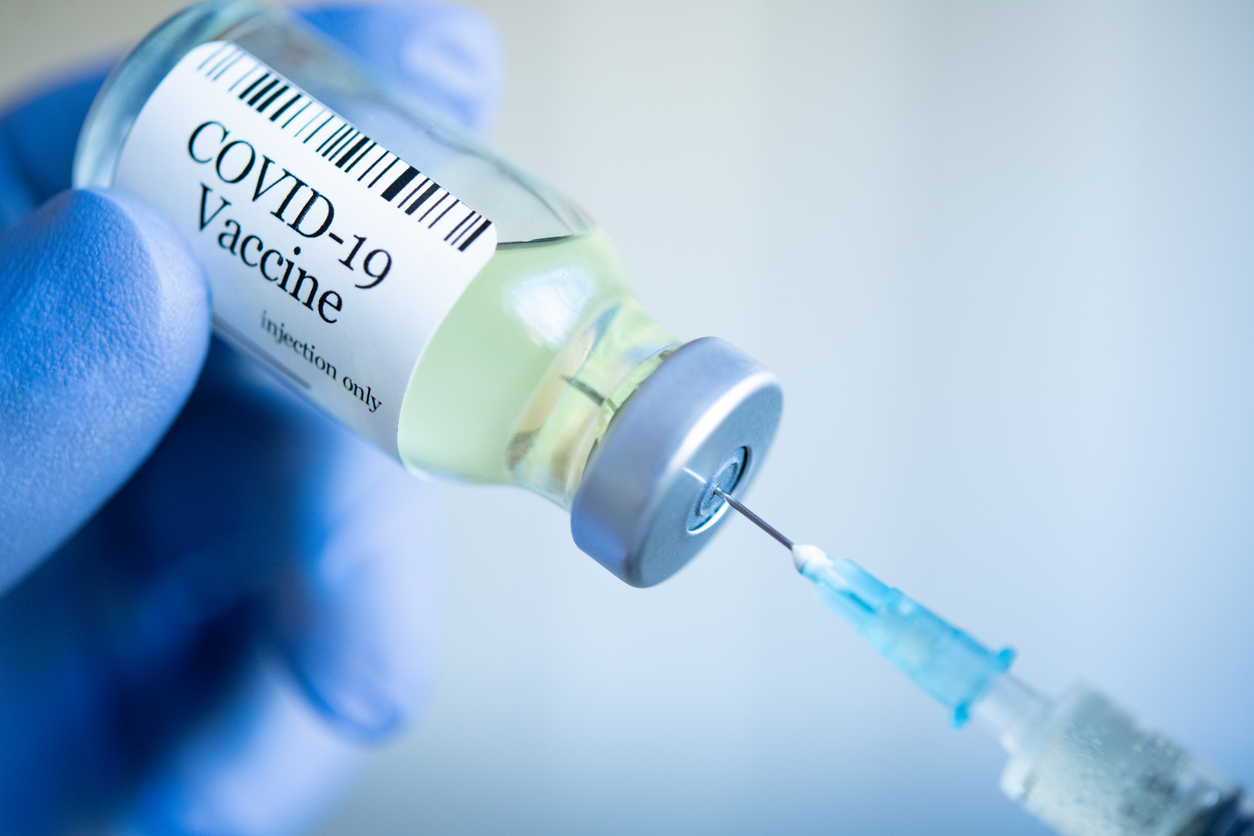
Centre issues guidelines for vaccination drive from May 1
As the country prepares for the third phase of vaccination, starting May 1, the Centre on Saturday issued guidelines for states and Union territories to make the “New Vaccination Strategy” a success amidst rising coronavirus cases.

As the country prepares for the third phase of vaccination, starting May 1, the Centre on Saturday issued guidelines for states and Union territories to make the “New Vaccination Strategy” a success amidst rising coronavirus cases.
The Centre recently opened COVID vaccination for all adults, making India one of the first countries to allow all adults to seek a vaccine. However, those below the age of 45 will get a vaccine only once private sales begin or if state governments procure stocks for distribution to these age groups. Vaccine manufacturers are mandated to supply 50% of doses to Centre while it can sell the rest in the open market, but only after pre-declaring the price.
The states have been advised to:
- Register additional private COVID Vaccination Centres (CVCs) in mission mode by engaging with private hospitals, hospitals of industrial establishments, industry associations, etc., coordinating with designated appropriate authority, mechanism for applications/requests and their processing and monitoring of pendency of registration.
2. Monitor number of hospitals that have procured vaccines and have declared stocks and prices on COWIN.
3. Schedule vaccination for eligible population for providing adequate visibility of vaccination slots on COWIN.
4. Prioritize decision regarding direct procurement of vaccines by State/UT Government.
5. Publicize about facility of ‘only online registration’ for age groups 18-45 years.
6. Train CVC staff about vaccination, AEFI reporting and management, use of COWIN – Training schedule and reconciliation of vaccine stocks have been already provided to private CVCs.
7. Coordinate with law-and-order authorities for effective crowd management at CVCs.
8. Regarding infrastructure augmentation for effective clinical treatment of the hospitalized COVID patients, states were advised to review their existing hospital and other COVID treatment infrastructure in light of the daily new case, daily fatality and those that would require hospitalization.
Also read: Doctor behind Pulse Polio bats for COVID-19 vaccination policy
For a comprehensive vaccine augmentation plan, the states were advised to:
- Identify additional dedicated Covid-19 hospitals and prepare field hospital facilities either through DRDO, CSIR or similar agencies in the public and private sector.
2. Ensure adequacy in terms of oxygen supported beds, ICU beds and oxygen supplies. Setting up centralized call center-based services for allocation of beds.
3. Deploy requisite human resource with proper training and mentoring of doctors and nurses for management of patients and strengthening ambulance services.
4. Establish sufficient referral linkages for districts with deficit infrastructure through deployment of additional ambulances.
5. Set up centralized call center-based services for allocation of beds.
Also read: Explained: What’s medical oxygen, the ‘life-saviour’ states are scrambling for
In addition, states have been advised to:
- Maintain a real-time record for available beds and make is easily accessible to general public.
2. Create guidelines and enable states to take over private health facilities to provide COVID-19 care.
3. Expand designated COVID-19 care facilities for isolation of asymptomatic and mild symptomatic patients so that all those who either cannot isolate at home and/or are willing for institutional isolation, have access to the requisite space and care.
4. Provide tele-medicine facilities for patients who are isolated at home.
5. Ensure adequate availability of oxygen, ventilators and intensive care under trained doctors, as well as access to steroids and other drugs as appropriate.
6. Step up creation of in-hospital oxygen plants in large hospitals.
7. Pay fair and regular remuneration to ASHAs and other frontline workers who are being engaged for COVID-19 work.

